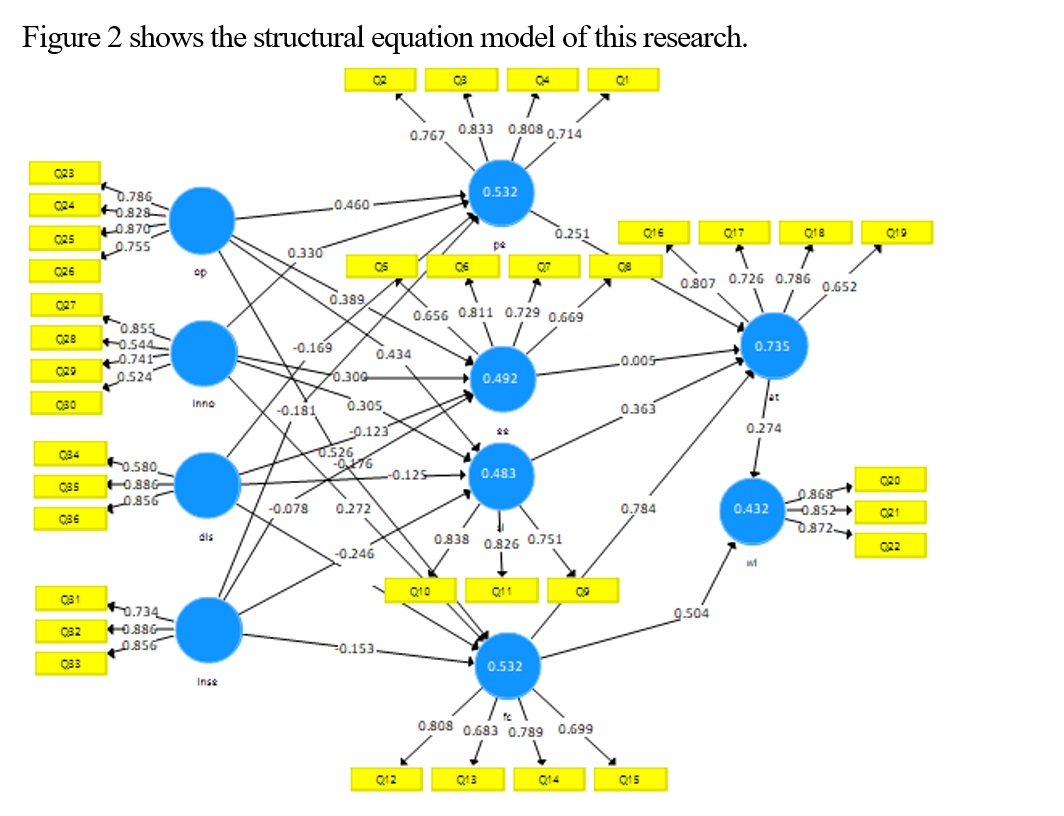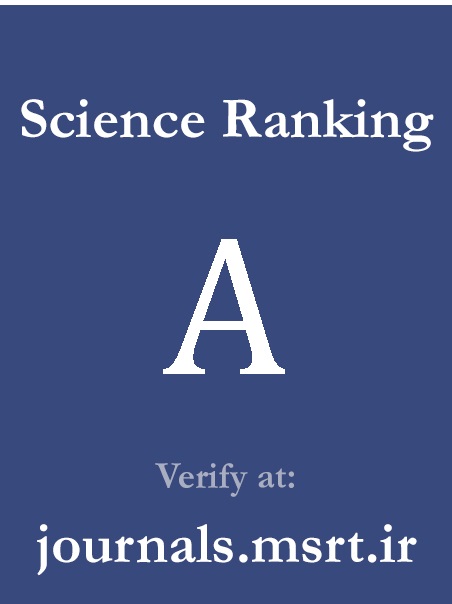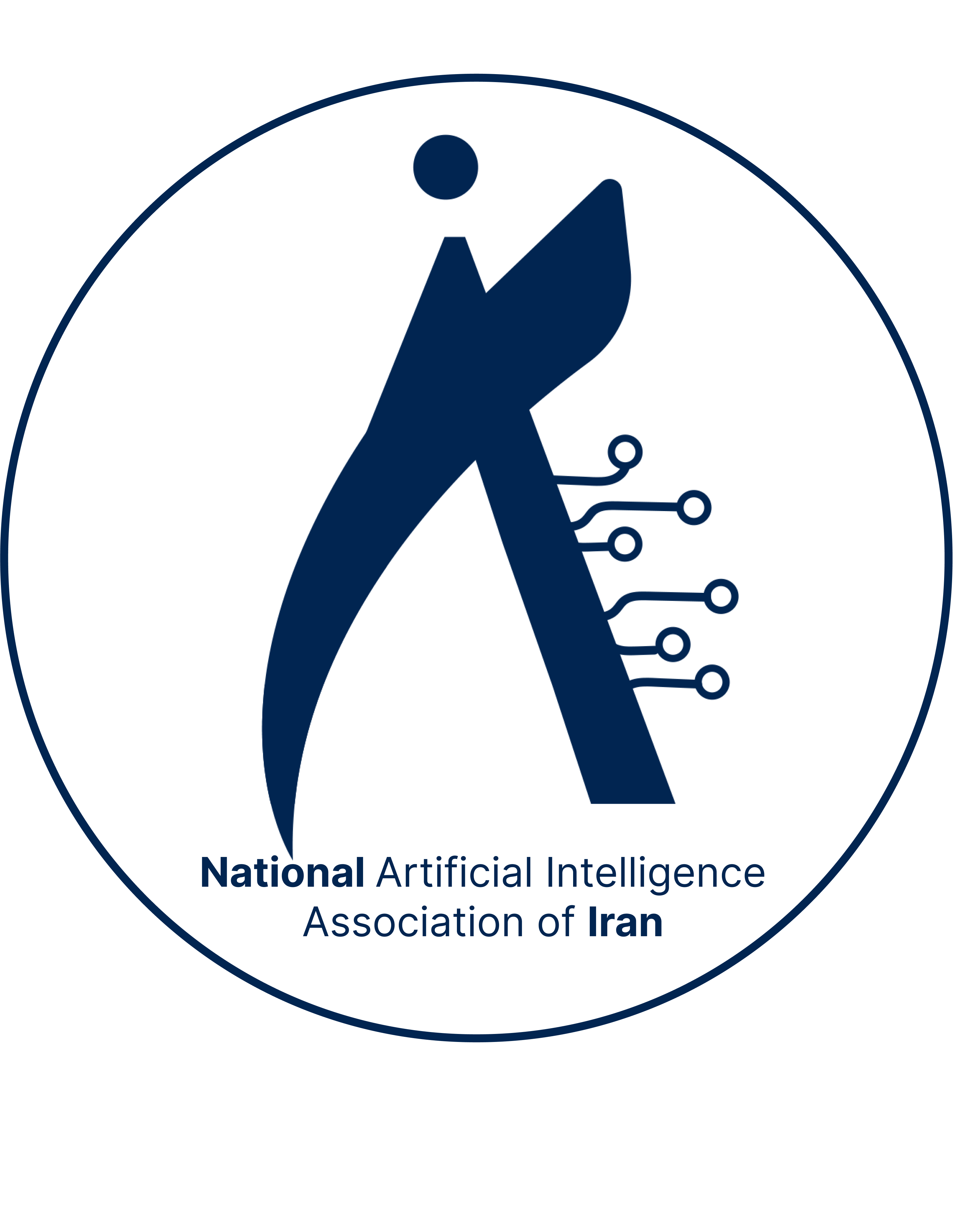Developing an Augmented Reality Technology Acceptance Model in Sports Science Education: A mix Model of TRI 2.0 and UTAUT
Keywords:
Artificial Intelligence, Football Tactics, Sports Analytics, Machine Learning, Predictive AnalyticsAbstract
In recent years, augmented reality technology has gained attention as an innovative technology in various fields, including education. This technology can help improve learning and teaching, reduce costs, and increase students' motivation to learn. The current research aims to develop an optimal model by combining the Technology Readiness Index 2.0 (TRI 2.0) and the unified theory of acceptance and use of technology (UTAUT) models to investigate the acceptance of augmented reality technology in sports science education. This research is applied-descriptive. The statistical population of this study included all physical education teachers in Kashan City during the academic year 2022-2023. A non-probability sampling method was used. The research model was examined through an online questionnaire, and data analysis as well as hypothesis testing were conducted using structural equation modeling. The results of the present study demonstrate that the combined model of TRI 2.0 and UTAUT accurately predicts the adoption of augmented reality technology in sports science education. In this model, optimism and innovation were identified as motivating and attractive factors driving user engagement with augmented reality technology. Additionally, expected performance, expected effort, and facilitating conditions were identified as factors that facilitate the adoption of augmented reality technology in sports science education. The results of this research demonstrate that increasing the acceptance of augmented reality technology in sports science education requires attention to the psychological and social factors influencing technology acceptance. Specifically, efforts should be made to foster user optimism towards augmented reality technology and perceive it as an innovative and engaging technology. Furthermore, providing convenient and conducive conditions for users to easily utilize augmented reality technology should be prioritized.
Downloads








